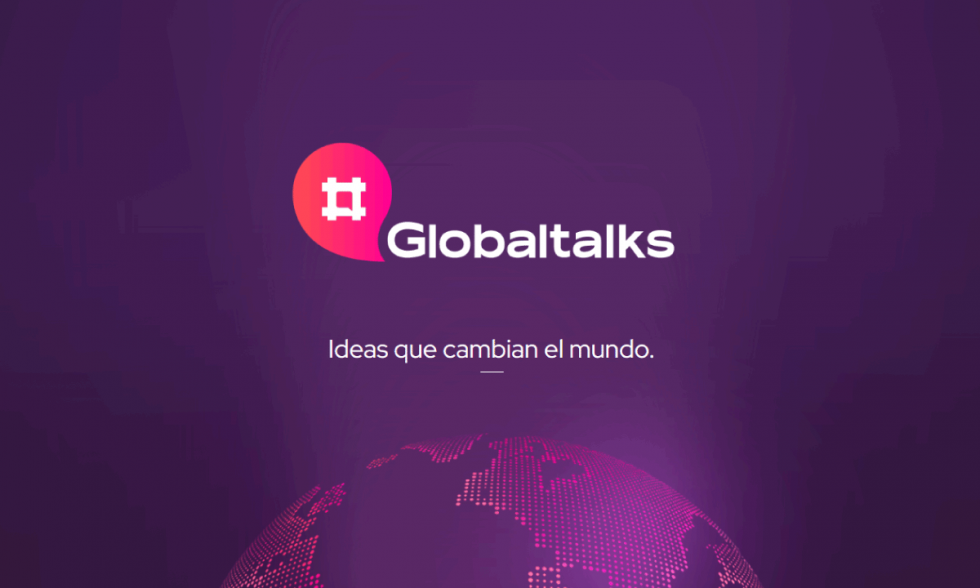Latin America’s Online-Learning Quality Crisis Triggers High-Rigor Master’s Push by Blackwell Global University
Latin America embraced remote instruction at record speed during the pandemic, but the rush exposed serious cracks in educational quality. A 2023 UNESCO briefing concluded that emergency digital teaching often lacked coherent curricula, robust assessment and trained faculty, leaving students with “significant learning losses that could persist for years.” The World Bank reached a similar verdict in its 2024 regional update, warning that learning poverty in the region may now exceed 50 percent and could shave 12 percent off lifetime earnings for today’s students if remediation fails.
Higher-education leaders say the quality deficit is most acute at postgraduate level, where professionals expect actionable skills and internationally recognized credentials. Fragmented regulatory frameworks, uneven connectivity and limited investment in instructional design have allowed a proliferation of low-rigor courses that threaten to undermine trust in online degrees. Research by UNESCO’s International Institute for Higher Education in Latin America and the Caribbean notes that without rigorous accreditation processes, many programs risk becoming “digital diplomas with minimal labour-market traction.”
Against that backdrop, Blackwell Global University (BGU)—a private U.S. institution headquartered in Orlando, Florida—has positioned its Graduate School as a quality benchmark for the region. Building on two decades of distance-learning experience, BGU is launching a suite of fully online master’s degrees in Business Administration, Healthcare Management, Hospitality Management, Artificial Intelligence, Project Management and Criminology, all taught in English or Spanish and open to applicants from more than 20 Latin American countries.
Each program is designed to be completed in 12 months of part-time study. Courses combine asynchronous video lectures, weekly live seminars and team projects that tackle region-specific case studies—for example, revenue-management simulations based on Caribbean tourism data in the Hospitality master’s, or AI-driven crop-yield forecasting scenarios relevant to Andean agritech startups. Faculty hold doctorates from accredited U.S. or European universities and undergo continuous training in online pedagogy to meet Quality Matters standards.
Quality assurance is central to BGU’s pitch. Learning outcomes are mapped to international frameworks—such as Project Management Institute competencies or CAHME guidelines—while every assessment is double-marked and benchmarked against cohorts in North America and Europe. The university publishes semi-annual transparency reports covering completion rates, student-satisfaction scores and graduate employment data, a practice still rare among regional providers. UNESCO has repeatedly urged Latin American institutions to adopt such evidence-based self-evaluation to stem public scepticism toward virtual degrees.
Technology architecture further differentiates BGU’s approach. The cloud-native virtual campus automatically optimizes video for low-bandwidth environments and makes all core materials downloadable in text or audio formats to serve learners in rural areas with 3G connections. A built-in analytics engine flags disengagement in real time, triggering advisor outreach within 48 hours. The platform supports bilingual discussion boards and integrates with regional payment gateways to simplify tuition processing across multiple currencies—features designed to eliminate logistical frictions that often derail Latin American distance learners.
Early indicators suggest market appetite for rigorously curated postgraduate options. BGU’s pilot cohorts in 2024 enrolled 1,600 students—38 percent from outside national capitals—and reported a 92 percent satisfaction rate at midpoint surveys. Independent evaluator EdMetrics found that 71 percent of participants received a promotion, new job or salary raise within a year of finishing a certificate-level capstone that BGU ran as a forerunner to the master’s rollout. Building on those results, the university aims to double postgraduate enrollment to 3,200 by 2027 and expand scholarship funds for under-represented groups, especially women in STEM fields.
For policymakers and employers, the initiative could become a valuable test case. If BGU sustains its transparency commitments and aligns graduate skills with labour-market demand, it may pressure other providers—domestic and foreign—to tighten accreditation, invest in faculty development and publish outcome data. Conversely, failure would reinforce doubts about the viability of virtual graduate education.
The stakes are high. Latin America’s digital economy is projected to add USD 460 billion in value by 2030, according to the Inter-American Development Bank, but a shortage of advanced human capital could throttle that growth. World Bank economists argue that closing learning gaps will require not only better broadband coverage but also curricula that integrate real-world problem-solving and global best practice. BGU’s master’s model—rooted in U.S. accreditation yet locally contextualized—offers a blueprint for how that balance might be struck.
The region’s online-learning crisis has no single fix, but quality-first approaches like BGU’s suggest a path forward. By marrying rigorous outcomes assessment with technological inclusivity and regional relevance, the Orlando-based institution is betting that Latin American professionals will once again view virtual graduate study as a catalyst for career advancement rather than a compromise on academic standards. Whether the experiment scales successfully could determine how the next generation of leaders acquires the expertise needed to drive sustainable growth across the hemisphere.
Related Articles

The most recent edition of GlobalTalks brought together entrepreneurs from around the world to examine the role of personal branding in strengthening business growth and digital visibility. The event was led by branding specialist and award-winning marketing professional Miriam Collado.

Online specialization programs have become a powerful catalyst for professional growth worldwide. International institutions are responding by offering advanced learning pathways that align with global workforce demands.

Jeff Bezos has launched Project Prometheus, a new artificial intelligence company aiming to compete with the world’s leading developers of advanced AI systems. The venture begins with a strong international hiring strategy and ambitions to influence the direction of global AI research.
Todos los derechos reservados

Comentarios